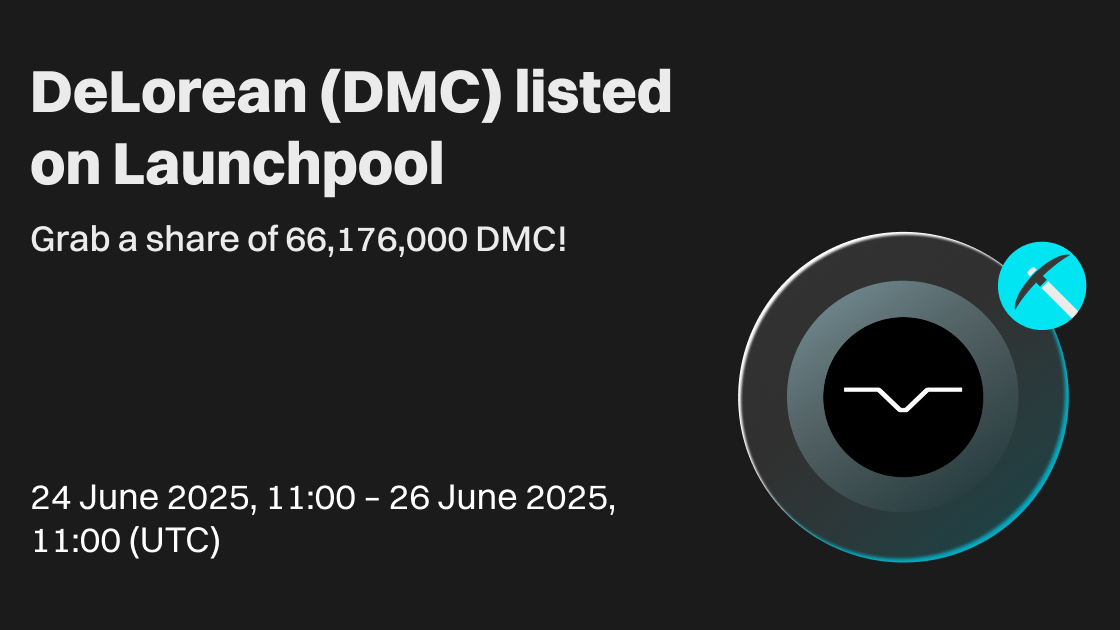Two bills that would have altered the state’s campaign finance laws on political parties and donations died in the Alabama Legislature this year.
House Bill 6, sponsored by Rep. Phillip Pettus, R-Killen, would have prohibited political parties from disqualifying candidates who accept campaign contributions from specific organizations.
“They should not have a say in where you take your money from,” Pettus said in a phone interview. “What it boils down to, they want to control the money. That is the political party. They want all the money to come from them, and they divvy it out.”
The Alabama Republican Party in 2023 adopted a rule prohibiting the party’s candidates for superintendent or school board from accepting campaign contributions from the Alabama Education Association, an organization representing educators in the state.
According to Pettus, the Republican Party had planned to extend the rule to disqualify people who accept campaign contributions from the teachers’ union to legislators but has since changed its position.
“I still have the bill,” Pettus said. “I am waiting to see if they try to extend it to legislators. If they do, then the bill will be ready to go again.”
“The state party is glad that the Legislature did not take action on HB 6,” said John Wahl, chair of the Alabama Republican Party. “There have been multiple court rulings over the years that have said the parties have the authority to associate with who them want under the First Amendment. I believe this bill would have violated the Party’s First Amendment rights and constitutional rights, and we are pleased the bill did not make it out of committee.”
The Alabama Democratic Party has no rule or regulation similar to what the Alabama Republican Party has imposed.
“It sounds like the Alabama Republican Party has some internal divisions they need to deal with,” said Tabitha Isner, vice chair of the Alabama Democratic Party. “I don’t see why the state legislature should be making laws about how parties decide who can and cannot represent them on the ballot.”
Pettus received $56,500 in direct contributions and $5,000 from in-kind donations from Alabama Voice of Teachers for Education since 2018, the political action committee for the state’s educators.
Pettus said prior to the start of the 2025 session that his constituents should decide whether a candidate should accept money from a political party, adding that he represents his constituents and not the Alabama GOP.
The bill was assigned to the House Constitution, Campaigns and Elections Committee but was not considered for the session. The same committee also did not consider the bill in 2024 when it was filed then.
The Alabama Legislature also failed to pass Senate Bill 291 into law, sponsored by Sen. Sam Givhan, R-Huntsville, which would have allowed a political party to transfer funds to local or other affiliated party organizations currently prohibited by law.
The state has banned political action committees from transferring money to each other since 2010. Givhan’s bill would have added language allowing political parties to transfer money to local county organizations and affiliated entities.
“Those of us who support the bill, while we don’t want to unwind the PAC to PAC transfer ban, we didn’t feel like that was the intention of where a state party couldn’t share with a county party of a group that was affiliated with its bylaws,” Givhan said in an interview.
Political parties are closely related to political action committees in the state, entities that are not required to disclose their donors, who can then use the proceeds to fund campaigns to support candidates or causes.
“This year, I got with Sen. (Bobby) Singleton, (D-Greensboro), and he co sponsored it with me,” Givhan said. “It went through committee very quickly and just never went anywhere.”
One benefit of the legislation is that it would allow a political party to have a joint program with another political party.
“If a county party and a state party want to partner, if you will, on a project, the current law makes it difficult to do that,” Givhan said.
The Alabama Democratic Party supports the bill.
“The point of the prohibition on PAC to PAC transfers is to increase transparency and reduce the shell game that hides who is really funding what,” Isner said. “The unintended consequence of that law was that it doesn’t allow local party groups to collaborate with each other or with the state party. Cleaning up this law so that it does only what it intended to do is a smart move that both parties should support.”
Read more at AlabamaReflector.com.


























